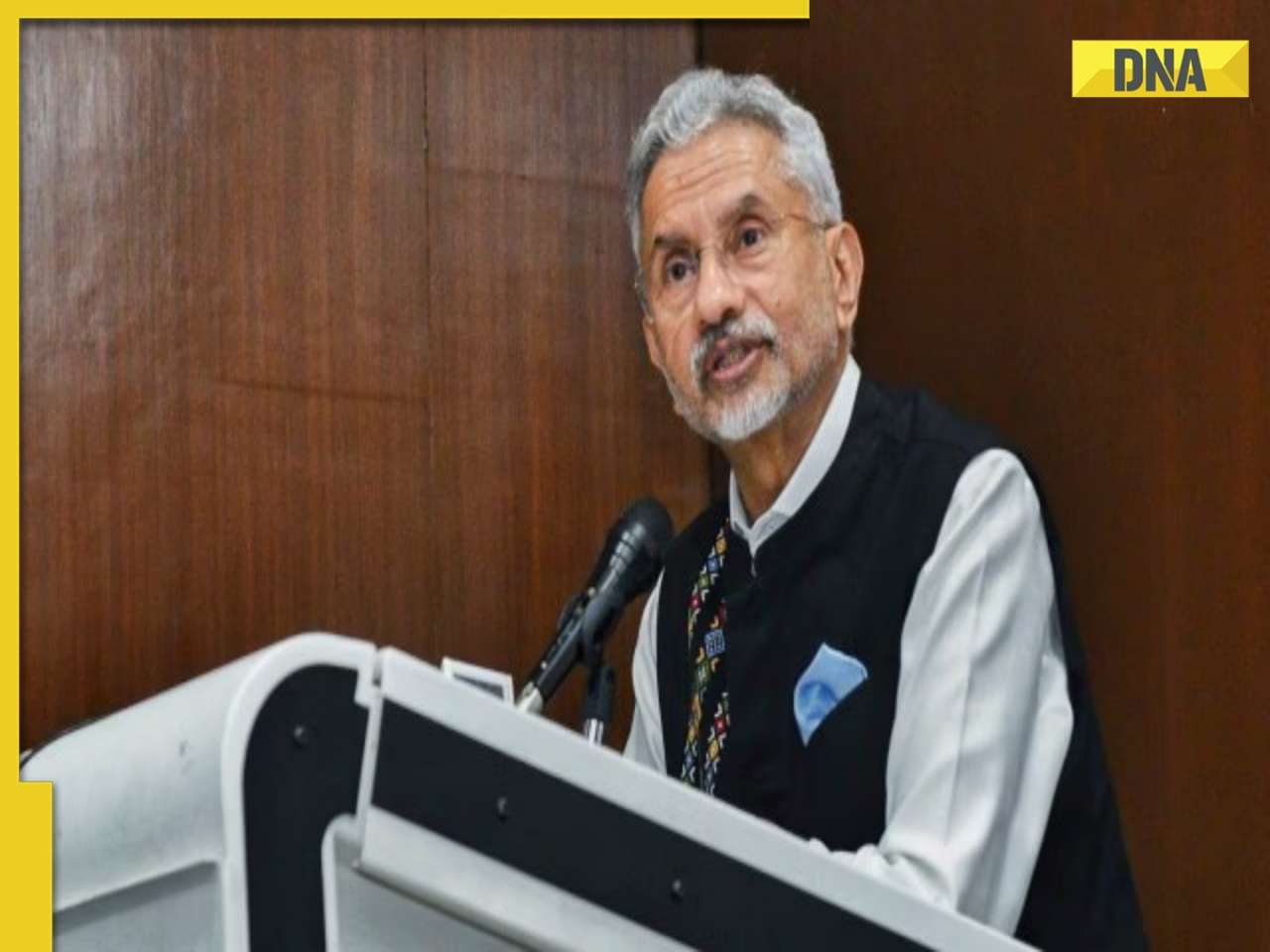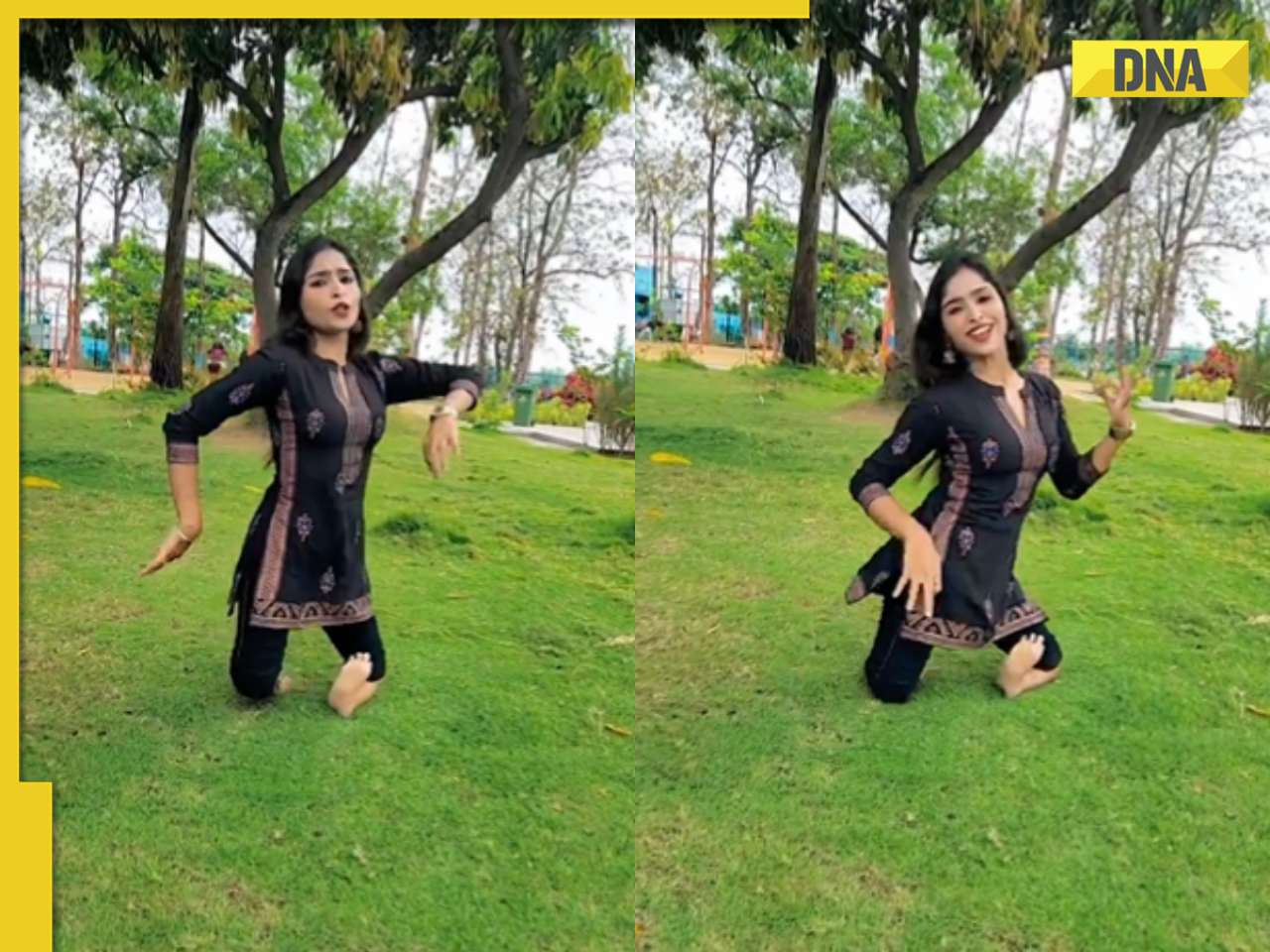One year after a landmark judgement on homosexuality, there are indications that social attitudes toward gays and lesbians are changing, even if there’s still a long way to go.
One could say it is pointless to ask if things have changed a year into the reading down of section 377 of the Indian Penal Code by the Delhi high court; yet it’s a question that must be asked. Not for stories of turnaround of hearts and emotional coming out of “pink sheep” to their families but to open up the closet the way we did post June 2, 2009. Legislations don’t change mindsets — they may get a gay professor his job back, yet not spare him social scrutiny. Debates do. Even the legal fight is not yet won. The Supreme Court is yet to rule.
Coming out
Raging discussions on TV, print, over dinner tables, in schools and coffee shops following decriminalising of consensual sex between adults in private last year, for one, proved a lot of people wrong about a lot of things. The way the judgment was received, for instance.
“The Indian public has been very mature and very tolerant of the judgment. The debate has helped more and more people talk about the issue in a more legitimate manner. It’s not as closeted anymore and that has certainly made it easier for the average person to come out,” says Siddharth Narrain, member of the Bangalore-based Alternative Law Forum who works on issues related to gender and sexuality, among others. The younger homosexual people may be coming out a lot more than before to their friends and peers, but not to their families.
“The families may still be hesitant,” says Chaitanya Shah, founder-member of Lesbians and Bisexuals in Action (LABIA), “but the individual has found the encouragement to stand up for who he/she is.”
It’s hard to quantify for lack of data, but there is anecdotal evidence of quietly conducted same sex marriages — four in Bangalore alone — and people coming out to their families. “A very close friend came out and moved in with his boyfriend recently. A year ago, he was scared of anyone outside his close circle even finding out he was gay,” says L Romal M Singh, culture head of a Bangalore-based news channel. Singh, who is on many gay websites and chat rooms, says that the number of people who initially listed themselves as ‘straight and experimenting’ have changed their status to openly gay.
“The debate familiarised people with a lot of things, one among them being that gay does not mean transgender and transgender does not mean transvestite, and so on.”
Social spaces
“The legislation is notional — it’s real and it’s unreal,” says Shah. It has tremendously encouraged those in doubt, both individuals and liberal families worried about social backlash, but it hasn’t de facto opened up social spaces that have in the past been hesitant to let the members of sexual minorities in.
“Inside, everyone feels strong individually, but a year is too short for social transformation,” she says. In that sense the battle remains the individual’s; only now the legal climate is favourable for coming out. But to quote attorney Joe Miller from the movie Philadelphia, “We don’t live in this courtroom, do we?”
The party meter, however, has another story to tell about traditional spheres created by the LGBT community (lesbians, gays, bisexuals and transgenders) to meet, network and share. Vikram Doctor from Gay Bombay, one of the first groups to start gay parties in Mumbai, says that a number of new party organisers have entered the scene in the last one year, “which is good because we always wanted the party scene to expand.”
Last October, we also saw the launch of L Lounge, an online networking website for lesbians. Legitimacy accorded by law, says its organiser, Shobhna Kumar, has made such initiatives a success. “Thankfully, we haven’t ever faced any problem with the police. The real issue is dealing with the management of some places where the parties are organised. The staff isn’t always comfortable with two women holding hands, for example. So we make it a point to ensure we select venues which are conducive for these parties,” she says.
Class divide
Akkai, a kothi, works at the Bangalore-based Sangama, an organisation formed to safeguard the rights of sexual minorities, especially those from socially disadvantaged backgrounds who migrate from towns and villages in Kerala, Andhra Pradesh and Tamil Nadu. Sangama has a database of 3,000 plus people who call their helplines or attend weekly meetings. “Not a lot of people have come forth after the legislation,” she says. Her colleague Christie, who is quite vocal in the local media, says, “People like us don’t come out. New people who join our support groups still tell us not to acknowledge that we know them in public. That hasn’t changed.”
That is because the police remains largely ignorant and deeply prejudiced. In April, recounts Akkai, two homosexual men were sitting in Bangalore’s Cubbon Park, an established gay cruising zone, open about their sexuality in public and unthreatened. But the police threatened them with revealing their sexual orientation to their parents and took them to jail. “We had to intervene and tell them about striking down of Article 377. But they were least apologetic about what they had done,” says Akkai.
The walk ahead
“The legislation, because it falls under the context of discrimination, is strengthening,” says Shah. But discrimination remains and the community, largely marginalised. The movement is making a shift from a standalone struggle to one that walks in solidarity with similar movements for the marginalised: feminist, Dalit, HIV and so on. So this time, Queer Azadi’s rally planned for July 2 at the Azad Maidan, between 3 and 6pm, will bring together participants who are not just from the LGBT community but involved with struggles of those on the social periphery. The call is made to any and every subscriber to justice, equality and freedom, privacy, dignity and respect for all.
![submenu-img]() 'They unilaterally took some measures': EAM Jaishankar on new Nepal 100 rupee currency
'They unilaterally took some measures': EAM Jaishankar on new Nepal 100 rupee currency![submenu-img]() Meet Ice Cream Lady of India, who built Rs 6000 crore company, started with small investment of Rs…
Meet Ice Cream Lady of India, who built Rs 6000 crore company, started with small investment of Rs…![submenu-img]() ‘Canada a rule-of-law country’: PM Trudeau after 3 Indian arrested over Hardeep Nijjar's murder
‘Canada a rule-of-law country’: PM Trudeau after 3 Indian arrested over Hardeep Nijjar's murder![submenu-img]() Viral video: Specially-abled girl’s energetic dance to Bollywood song wows internet, watch
Viral video: Specially-abled girl’s energetic dance to Bollywood song wows internet, watch![submenu-img]() 'Baap re baap': Imtiaz Ali reveals Diljit Dosanjh was scandalised by old women's 'vulgar' improvisation on Chamkila set
'Baap re baap': Imtiaz Ali reveals Diljit Dosanjh was scandalised by old women's 'vulgar' improvisation on Chamkila set![submenu-img]() DNA Verified: Is CAA an anti-Muslim law? Centre terms news report as 'misleading'
DNA Verified: Is CAA an anti-Muslim law? Centre terms news report as 'misleading'![submenu-img]() DNA Verified: Lok Sabha Elections 2024 to be held on April 19? Know truth behind viral message
DNA Verified: Lok Sabha Elections 2024 to be held on April 19? Know truth behind viral message![submenu-img]() DNA Verified: Modi govt giving students free laptops under 'One Student One Laptop' scheme? Know truth here
DNA Verified: Modi govt giving students free laptops under 'One Student One Laptop' scheme? Know truth here![submenu-img]() DNA Verified: Shah Rukh Khan denies reports of his role in release of India's naval officers from Qatar
DNA Verified: Shah Rukh Khan denies reports of his role in release of India's naval officers from Qatar![submenu-img]() DNA Verified: Is govt providing Rs 1.6 lakh benefit to girls under PM Ladli Laxmi Yojana? Know truth
DNA Verified: Is govt providing Rs 1.6 lakh benefit to girls under PM Ladli Laxmi Yojana? Know truth![submenu-img]() Streaming This Week: Heeramandi, Shaitaan, Manjummel Boys, latest OTT releases to binge-watch
Streaming This Week: Heeramandi, Shaitaan, Manjummel Boys, latest OTT releases to binge-watch![submenu-img]() Remember Ayesha Kapur? Michelle from Black, here's how actress, nutrition coach, entrepreneur looks after 19 years
Remember Ayesha Kapur? Michelle from Black, here's how actress, nutrition coach, entrepreneur looks after 19 years![submenu-img]() Remember Heyy Babyy's cute 'Angel' Juanna Sanghvi? 20 year-old looks unrecognisable now, fans say 'her comeback will...'
Remember Heyy Babyy's cute 'Angel' Juanna Sanghvi? 20 year-old looks unrecognisable now, fans say 'her comeback will...'![submenu-img]() In pics: Arti Singh stuns in red lehenga as she ties the knot with beau Dipak Chauhan in dreamy wedding
In pics: Arti Singh stuns in red lehenga as she ties the knot with beau Dipak Chauhan in dreamy wedding![submenu-img]() Actors who died due to cosmetic surgeries
Actors who died due to cosmetic surgeries![submenu-img]() DNA Explainer: Why Harvey Weinstein's rape conviction was overturned, will beleaguered Hollywood mogul get out of jail?
DNA Explainer: Why Harvey Weinstein's rape conviction was overturned, will beleaguered Hollywood mogul get out of jail?![submenu-img]() What is inheritance tax?
What is inheritance tax?![submenu-img]() DNA Explainer: What is cloud seeding which is blamed for wreaking havoc in Dubai?
DNA Explainer: What is cloud seeding which is blamed for wreaking havoc in Dubai?![submenu-img]() DNA Explainer: What is Israel's Arrow-3 defence system used to intercept Iran's missile attack?
DNA Explainer: What is Israel's Arrow-3 defence system used to intercept Iran's missile attack?![submenu-img]() DNA Explainer: How Iranian projectiles failed to breach iron-clad Israeli air defence
DNA Explainer: How Iranian projectiles failed to breach iron-clad Israeli air defence![submenu-img]() 'Baap re baap': Imtiaz Ali reveals Diljit Dosanjh was scandalised by old women's 'vulgar' improvisation on Chamkila set
'Baap re baap': Imtiaz Ali reveals Diljit Dosanjh was scandalised by old women's 'vulgar' improvisation on Chamkila set![submenu-img]() This actor, who worked with Karan Johar and Farhan Akhtar, gave superhit shows, saw failed marriage, killed himself at..
This actor, who worked with Karan Johar and Farhan Akhtar, gave superhit shows, saw failed marriage, killed himself at..![submenu-img]() Did you know Ranveer Singh's grandmother was popular actress? Worked with Raj Kapoor; her career affected due to...
Did you know Ranveer Singh's grandmother was popular actress? Worked with Raj Kapoor; her career affected due to...![submenu-img]() India's highest-paid TV actress began working at 8, her Bollywood films flopped, was seen in Bigg Boss 1, now charges...
India's highest-paid TV actress began working at 8, her Bollywood films flopped, was seen in Bigg Boss 1, now charges...![submenu-img]() Shreyas Talpade wonders if his heart attack was due to Covid vaccine: 'We don’t know what we have taken inside...'
Shreyas Talpade wonders if his heart attack was due to Covid vaccine: 'We don’t know what we have taken inside...'![submenu-img]() IPL 2024: Faf du Plessis, Virat Kohli help Royal Challengers Bengaluru defeat Gujarat Titans by 4 wickets
IPL 2024: Faf du Plessis, Virat Kohli help Royal Challengers Bengaluru defeat Gujarat Titans by 4 wickets![submenu-img]() IPL 2024: Why is Sai Kishore not playing today's RCB vs GT match?
IPL 2024: Why is Sai Kishore not playing today's RCB vs GT match?![submenu-img]() 'Mumbai Indians ki kahani khatam': Ex-India star slams Hardik Pandya after MI's loss to KKR at Wankhede
'Mumbai Indians ki kahani khatam': Ex-India star slams Hardik Pandya after MI's loss to KKR at Wankhede![submenu-img]() LSG vs KKR, IPL 2024: Predicted playing XI, live streaming details, weather and pitch report
LSG vs KKR, IPL 2024: Predicted playing XI, live streaming details, weather and pitch report![submenu-img]() LSG vs KKR IPL 2024 Dream11 prediction: Fantasy cricket tips for Lucknow Super Giants vs Kolkata Knight Riders
LSG vs KKR IPL 2024 Dream11 prediction: Fantasy cricket tips for Lucknow Super Giants vs Kolkata Knight Riders![submenu-img]() Viral video: Specially-abled girl’s energetic dance to Bollywood song wows internet, watch
Viral video: Specially-abled girl’s energetic dance to Bollywood song wows internet, watch![submenu-img]() Viral video: Man educates younger brother about mensuration, internet is highly impressed
Viral video: Man educates younger brother about mensuration, internet is highly impressed![submenu-img]() Girl's wedding dance to Haryanvi song interrupted by mother in viral video, internet reacts
Girl's wedding dance to Haryanvi song interrupted by mother in viral video, internet reacts![submenu-img]() Viral video: Man fearlessly grabs dozens of snakes, internet is scared
Viral video: Man fearlessly grabs dozens of snakes, internet is scared![submenu-img]() This mysterious mobile phone number was suspended after three users...
This mysterious mobile phone number was suspended after three users...

















































)
)
)
)
)
)